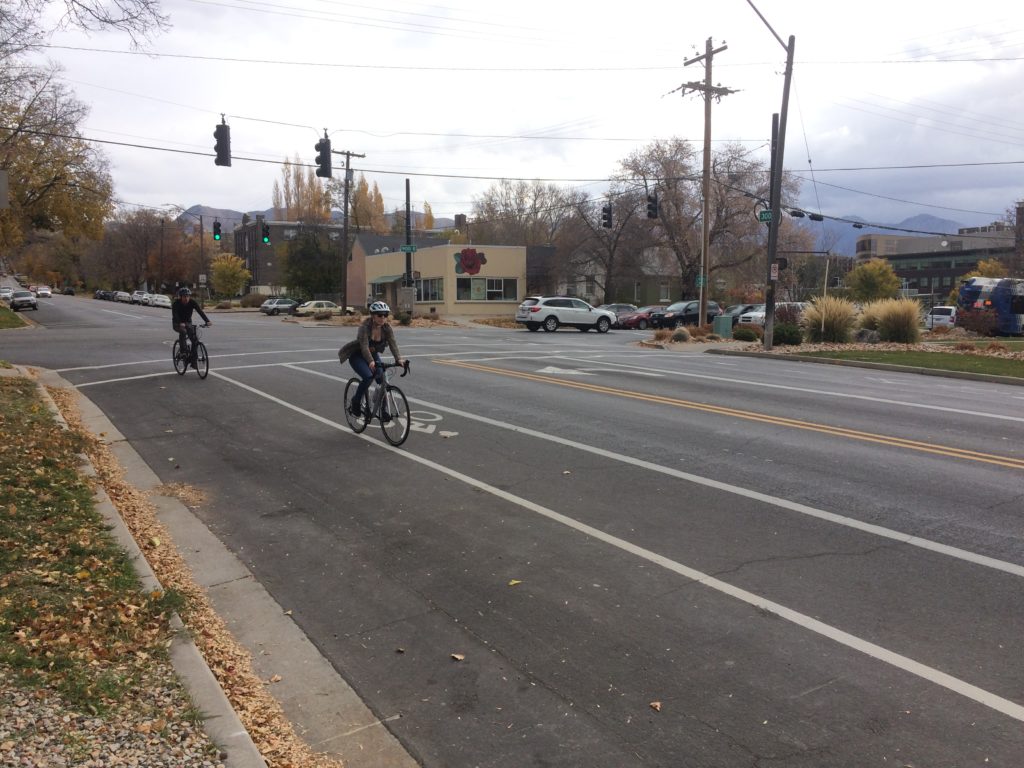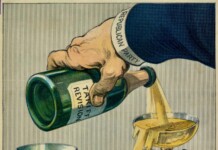By Charles Pekow — Adding a bike lane not only can increase cycling, it can also lower auto speeds. That’s what the Waterloo Region of Canada outside Toronto found when it compared before and after data provided by Streetlight Data, a traffic monitoring firm. Streetlight collects information on traffic via monitoring movements of trackable devices such as GPS and cellphones. During the COVID pandemic, biking became popular, so Waterloo placed barrels to create temporary bike lanes in town.

Both a study based on the data and a traditional camera count found that bike riding along one road studied for a test increased about 40 percent after the bike lane was installed, while auto speed fell 12-13 percent.
In another recent report, the City of Pittsburgh was able to overlay Streetlight data on auto, bike and pedestrian traffic with its own data on where crashes occur. It found, surprisingly, that the most heavily trafficked areas weren’t the ones where the most bike accidents were found. Rather, the danger zones were places with a specific problem, such as a blind curve, lack of stop sign or no sidewalk.







